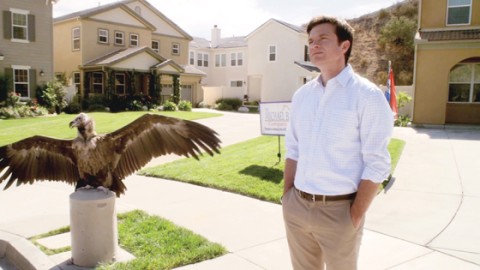The Bluths’ school for virtue

The comedy series Arrested Development has returned for a long-awaited fourth season as a Netflix original series. If you haven’t watched the first three seasons, let me catch you up: “It’s the story of a wealthy family who lost everything and the one son who had no choice but to keep them all together.” Or so the narrator (Ron Howard) reminds viewers at the start of every episode.
When the patriarch of a wealthy, dysfunctional family, George Bluth (Jeffrey Tambor), is imprisoned on charges of corruption and “light treason” (building homes in Iraq without government sanction), his son Michael (Jason Bateman) takes over the family construction business and corrals his morally inept siblings and manipulative mother into living together so he can prevent them from using company money to fund lavish lifestyles they can no longer afford.
Such a description might not lure new viewers, but story arc is not what keeps you watching. Few shows are as side-achingly funny from moment to moment or as intricately written, acted or directed. The writers have a strong appreciation for the standard bag of comedy tricks—physical comedy, screwball characters, and more puns than an Abbott and Costello routine—which they have married to their own special brand of self-referential jokes and cutaway gags. It is the kind of humor that gets funnier the more you watch. The groundwork for a joke in the third season might be laid halfway through season one and simple throwaway lines that were mildly funny in their first context (“No touching!” “Her?” “I’ve made a huge mistake”) take on a life of their own as they reappear in a variety of contexts throughout the seasons.





